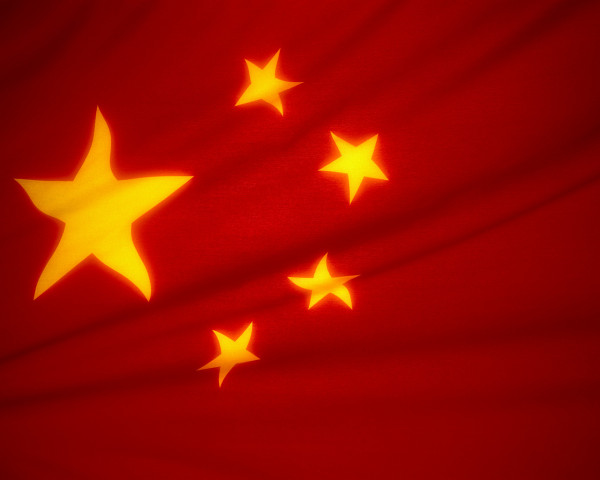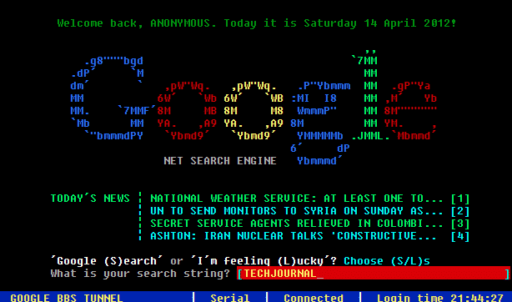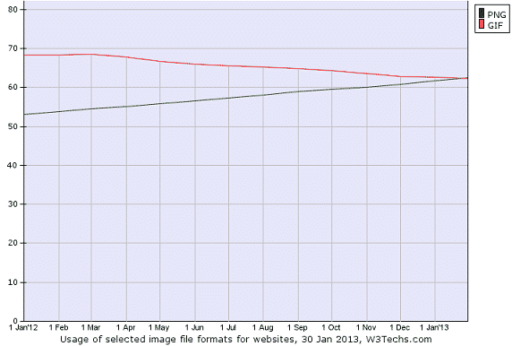China has somewhat of a tightly-secured nation-wide internet that is closely monitored by the regime. It is for this reason that the Chinese internet is said to be behind a ‘Great Firewall’ which sifts through all data from Chinese internet users. Interestingly, even if you are in China, you can easily criticize the Chinese government online without recurring any untoward repercussions.
It is rather surprising since most analysts, until now, have been under the impression that the censorship of Chinese internet is meant to avert criticism towards the government. A new study by Harvard researchers reveals that this doesn’t seem to be the case.
Rather, the censorship apparatus filters out only such content which prompts the masses for collective action. Moreover, pornography is also actively filtered by the censorship machinery which operates at the behest of the state.
According to this paper, “The results are clear. posts are censored if they are in a topic area with collective action potential and not otherwise. Whether or not the posts are in favor of the government, its leaders, and its policies has no effect on the probability of censorship.”
To further show the exact nature of the censorship, the paper says, “They offer freedom to the Chinese people to criticize every political leader except for the censors, every policy except the one they implement, and every program except the one they run. Even within the strained logic the Chinese state uses to justify censorship, Figure 7 (Panel b) — which reveals consistently high levels of censored posts that involve criticisms of the censors — is remarkable.”
This rings close to yet another study published in an online journal which also came out with similar conclusions. One particularly interesting thing is that the censorship rates for data originating from Tibet and adjacent areas are very higher. 53% of all messages originating from these regions are censored it. On the other hand, these censorship stats are near the 10% range when it comes to mainland Chinese areas such as Beijing and Shanghai.
What this reveals is that the Chinese government is not interested in curbing criticism online. Rather, they wouldn’t let all this criticism channel into any kind of effective action by the masses. And therein lies the success of their censorship machinery.
Courtesy: Motherboard
[ttjad keyword=”best-selling-gadget”]




